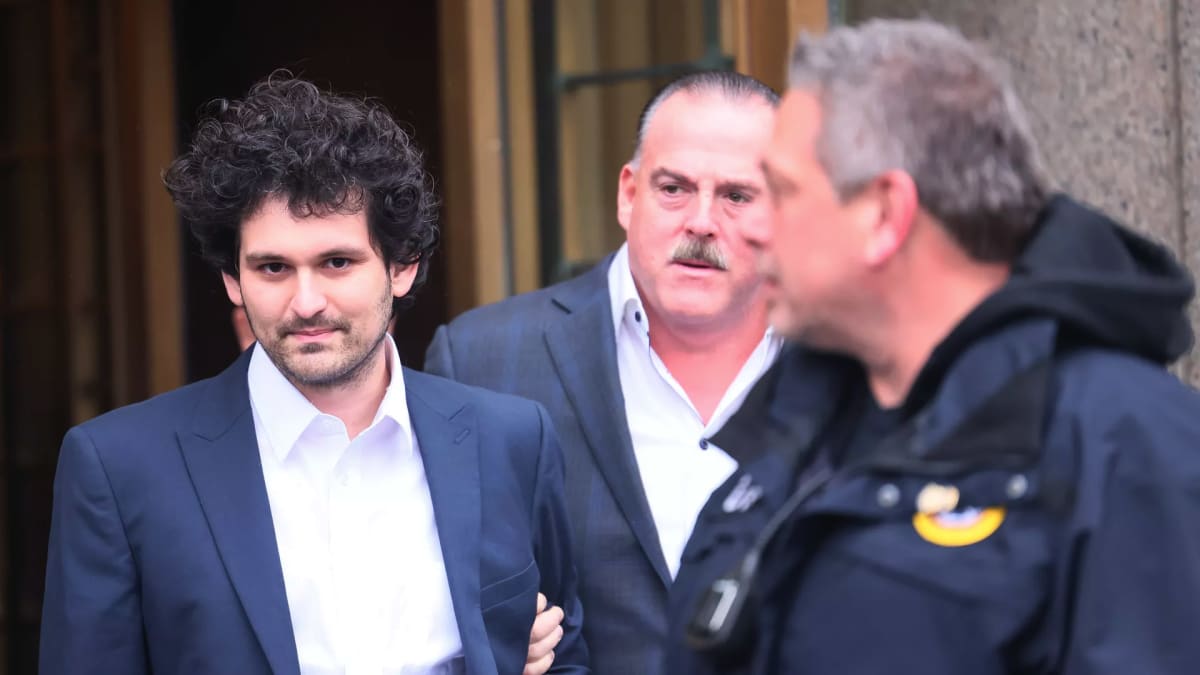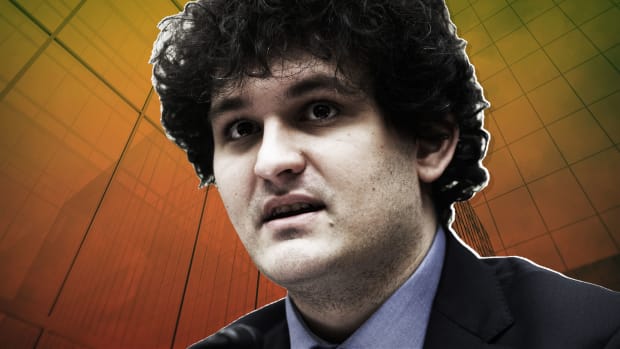
The former CEO of FTX, Sam Bankman-Fried, has run out of legal options to delay his trial that is scheduled to start in October.
He has been accused of committing alleged fraud against FTX, the cryptocurrency exchange that he founded, and being the mastermind behind the theft of billions of dollars from customers. Bankman-Fried allegedly stole money from customers to hide massive losses at Alameda Research, his hedge fund and also deceived investors and lenders.
DON'T MISS: Timeline of Cryptocurrency Exchange FTX's Epic Collapse
A federal judge on June 27 ruled that the former billionaire's attempt to dismiss 11 of the 13 fraud and conspiracy charges filed by federal prosecutors were not valid.
"The arguments are either moot or without merit," Judge Lewis Kaplan of the Southern District of New York wrote in a ruling.
Bankman-Fried was seeking to have charges of bank fraud, money transmitter, campaign finance, bribery, wire fraud and other fraud charges dismissed against him.
"The Second Circuit has deemed dismissal an 'extreme sanction' that has been upheld 'only in very limited and extreme circumstances,' and should be 'reserved for the truly extreme cases,' 'especially where serious criminal conduct is involved," the judge wrote.
Bankman-Fried was arrested in the Bahamas last December and extradited to the U.S. where he remains under house arrest in Palo Alto, Calif.
His trial has been scheduled to begin on Oct. 2. The founder of the Bahamas-based brokerage had pled not guilty while three former employees of FTX have already pleaded guilty.

Getty Images/TheStreet
Break from Federal Prosecutors
In June, Bankman-Fried received a slight reprieve from federal prosecutors.
Prosecutors sought to eliminate five charges against Bankman-Fried, including one charge of bribery of a foreign government official, and move them to a new trial next year. A judge will make a decision on those five charges.
The prosecutors said they could begin the trial against him in October with only eight charges of the total original 13 charges, according to a court filing.
In December, Bankman-Fried was extradited from the Bahamas to the US. Those five charges included bribing a foreign government and bank fraud, and were added after his extradition.
Bankman-Fried's lawyers argued that adding additional charges should not have occurred after he was extradited.
The prosecutors asked Kaplan to instead have Bankman-Fried face those five charges early next year.
His legal team had stated in front of both Bahamian and US judges that these charges were brought after Bankman-Fried's original indictment.
A court in the Bahamas already ruled, giving Bankman-Fried's lawyers the green light to argue that the Bahamanian government should not agree to the five additional charges. The case in the Bahamas could take several months before it is resolved.
But the charges have only been “severed” and delayed until 2024.
Bankman-Fried was indicted on eight counts originally and that case is expected to take place later in 2023.
He pled not guilty on those eight counts. Bankman-Fried is being prosecuted by the office of U.S. Attorney Damian Williams.
FTX's Collapse
Bankman-Fried, whose company filed bankruptcy in 2022, allegedly orchestrated the theft of billions of dollars from his customers to finance his lifestyle, which included buying expensive real estate and making donations to politicians.
FTX was once worth $32 billion after raising money from investors such as Softbank, Temasek, Tiger Global and others in January 2022.
By Nov. 11, FTX filed for bankruptcy along with all its subsidiaries and all the other Bankman-Fried businesses. He was forced to resign.
A new CEO was appointed to lead the restructuring of the cryptocurrency empire. John Ray, the new CEO and chief restructuring officer, was the liquidator of energy broker Enron.







